PM Mitsotakis in ERT interview: Yes to same-sex civil marriage, no to surrogate mothers
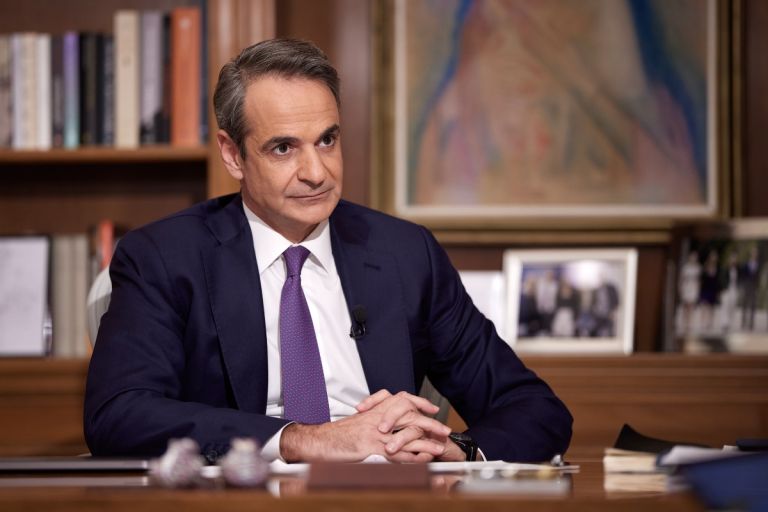
Πηγή Φωτογραφίας: ΣΥΝΕΝΤΕΥΞΗ ΤΟΥ ΠΡΩΘΥΠΟΥΡΓΟΥ ΚΥΡΙΑΚΟΥ ΜΗΤΣΟΤΑΚΗ ΣΤΟ ΚΕΝΤΡΙΚΟ ΔΕΛΤΙΟ ΕΙΔΗΣΕΩΝ ΤΗΣ ΕΡΤ ΚΑΙ ΤΟΝ ΔΗΜΟΣΙΟΓΡΑΦΟ ΓΙΩΡΓΟ ΚΟΥΒΑΡΑ (ΔΗΜΗΤΡΗΣ ΠΑΠΑΜΗΤΣΟΣ/ΓΡΑΦΕΙΟ ΤΥΠΟΥ ΠΡΩΘΥΠΟΥΡΓΟΥ/EUROKINISSI)
The excellent relations between Greece and the United States, that recently visiting US State Secretary Antony Blinken commented on, is the result of systematic work by the Greek government, Prime Minister Kyriakos Mitsotakis said in an interview on Wednesday.
Speaking to national broadcaster ERT, Mitsotakis quoted Blinken as telling him that relations between the two countries had never been at such high level in the last 30 years he served as a diplomat. The Greek premier added that this relationship has affected positively several sectors, including the economy and the geopolitical level, while Greek Armed Forces have been significantly boosted as a result of the strategic relationship with the US.
“The Greek government has submitted a substantiated request to acquire F-35 jet fighters, and I believe this request is mature and will be approved by the American authorities – that is, the State Department – relatively soon, in my opinion. Congress has already agreed to it, so we may be able to proceed to a significant procurement that will boost even further Armed Forces, especially the Hellenic Air Force,” Mitsotakis said.
He reiterated that in terms of Turkiye’s procurement of American F-16s, this does not relate to Greek-American relations, “nor are we the ones that will obstruct or have the power to influence the sale of armaments to another country.”
Obviously, he said, defense material cannot be used within an alliance for flights over Greek islands, for example. “But I will hold on to the good climate of recent months in Greek-Turkish relations, and I would hope that the times of greater tension are behind us and part of the past,” the PM added.
Greek-Turkish relations
Mitsotakis also spoke extensively of Greek-Turkish relations following the recent visit of Turkish President Recep Tayyip Erdogan to Athens. He spoke of the reduction of aggression by Turkiye (“nearly zero”), the agreement signed between the two countries to allow Turkish citizens to travel to the Greek islands without a visa as of March 2024, and of being able “to gradually come to the core of our difference, which is none other than the delimitation of the maritime zones – the EEZ and continental shelf, in other words – in the Aegean and the East Mediterranean.”
He called it a long-standing and “very difficult issue” but added that “we will approach it with good will, establishing our ‘red lines’ clearly.” Asked whether the two countries would resort to the international court at The Hague, the Greek PM replied, “We are not near going to The Hague yet, but we are certainly not as far away as we were a year ago.”
New York, Chicago
The premier added that in two weeks he will visit New York for a large investment forum “to present to American investors the great success of the Greek economy and to capitalize on the significant positive developments in the last few years.” He will also travel to Chicago to meet with the Greek community there, while the mail-in ballot bill will have been voted, allowing diaspora Greeks already on voting lists to cast their vote at the Greek Europarliament elections in June. He described the mail-in ballot as “a great democratic achievement for Greece and a standing request of Greeks globally that is finally achieved.”
Among other issues, the Greek premier also spoke of the government’s efforts to reduce high prices in food and household goods, and said the same price review would occur for phone providers, with the help of the Competition Commission. He referred to the issues of bullying in school, the high incidence of femicide, and the health sector, outlining the government’s measures for them, each of which he said was a complicated issue.
Same-sex marriage
Speaking of same-sex marriage and the bill the government brought to parliament, he explained that what the bill proposed was not radically different from what 20 European countries – 15 of them European Union members – had already legislated. “We are not trying to reinvent the wheel, or do something beyond what many European countries already do,” he stressed. “I want to underline that we are speaking of civil marriages, right? We are not speaking of the church, or of wedding crowns.”
Mitsotakis also noted that he respected all opinions and did not want to divide society on the issue. His greatest concern however was for children in same-sex couples. “I do not believe anyone denies this reality: that same-sex couples have children, and these children will not cease to exist, will not disappear. Yet these children, you know,do not have equal rights. Why so?,” he underlined, citing as example a foreign married couple with a child born in Greece. If one spouse were to die of cancer, the child would have to be sent to a home for parentless children.
Responding to a question on the bill tabled by main opposition SYRIZA, he explained that the difference between the two is that the government’s bill does not change the case of assisted reproduction, and, further, will not approve the use of a surrogate mother. “That is not going to happen. […] That is a key difference from SYRIZA’s proposal,” he noted.
Διαβάστε όλες τις τελευταίες Ειδήσεις από την Ελλάδα και τον Κόσμο






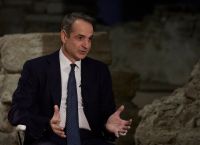



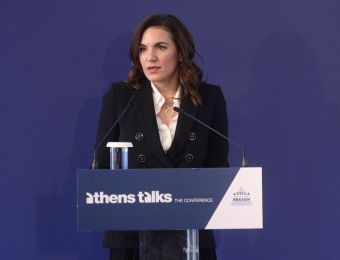
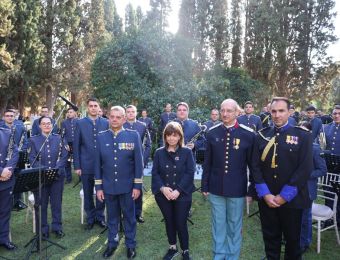




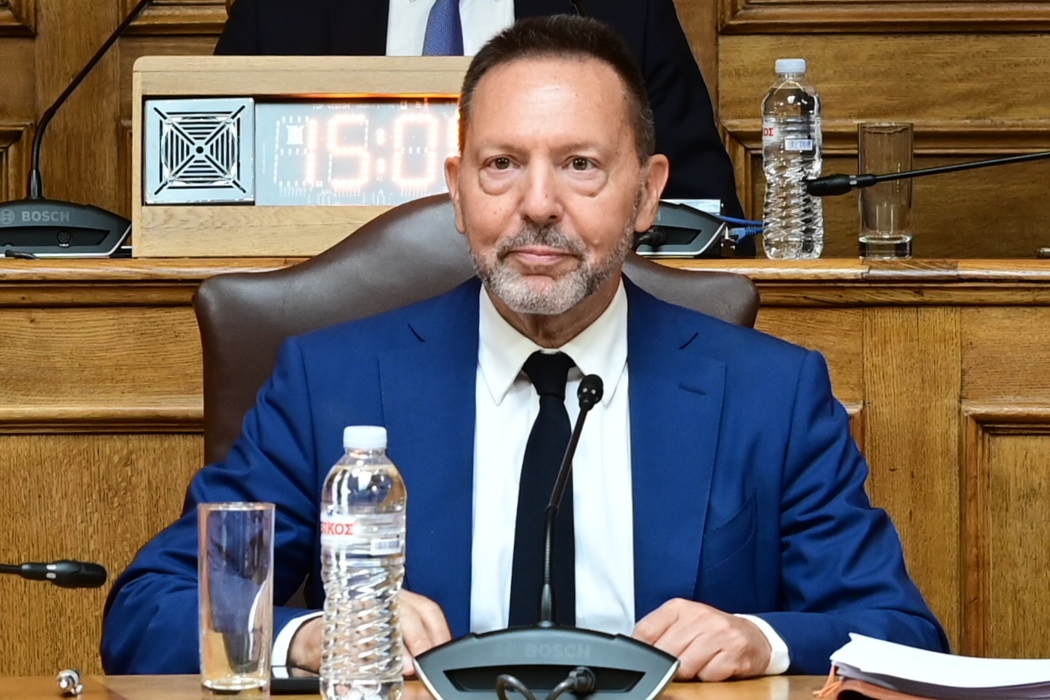
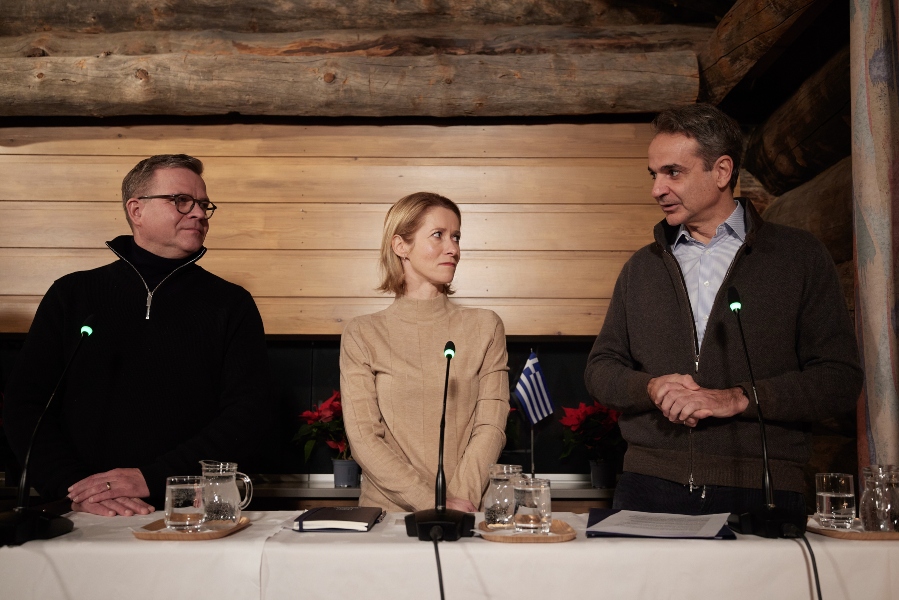



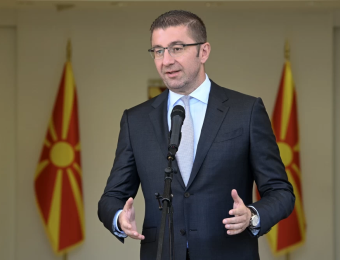
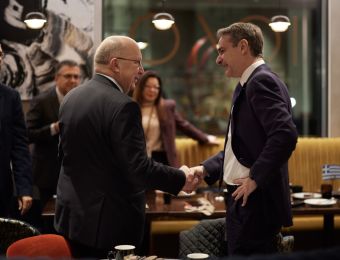







Το σχόλιο σας